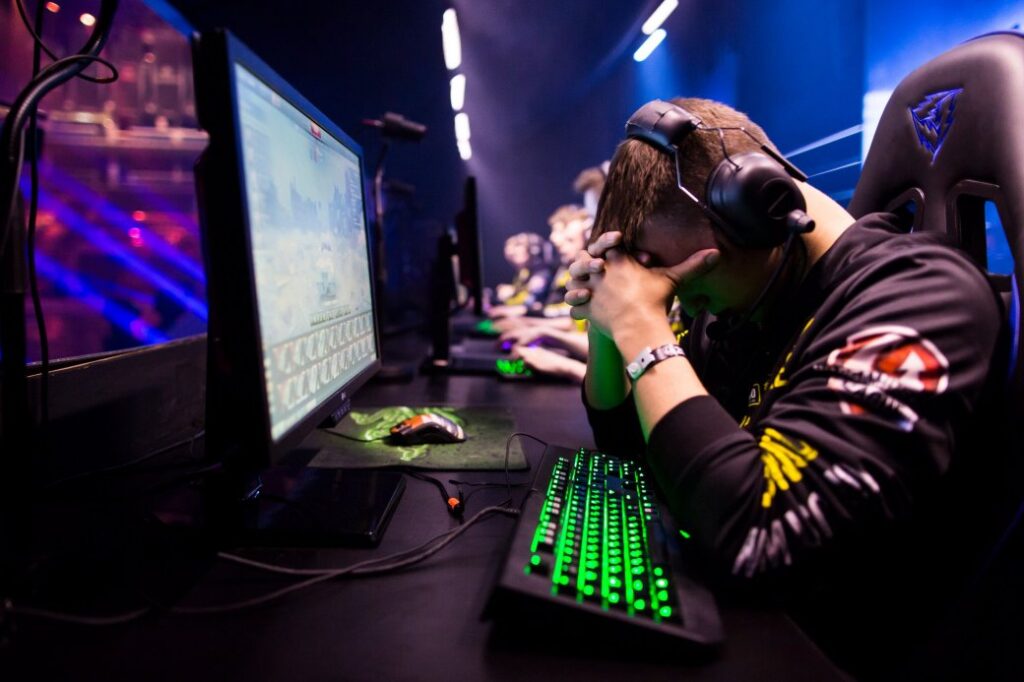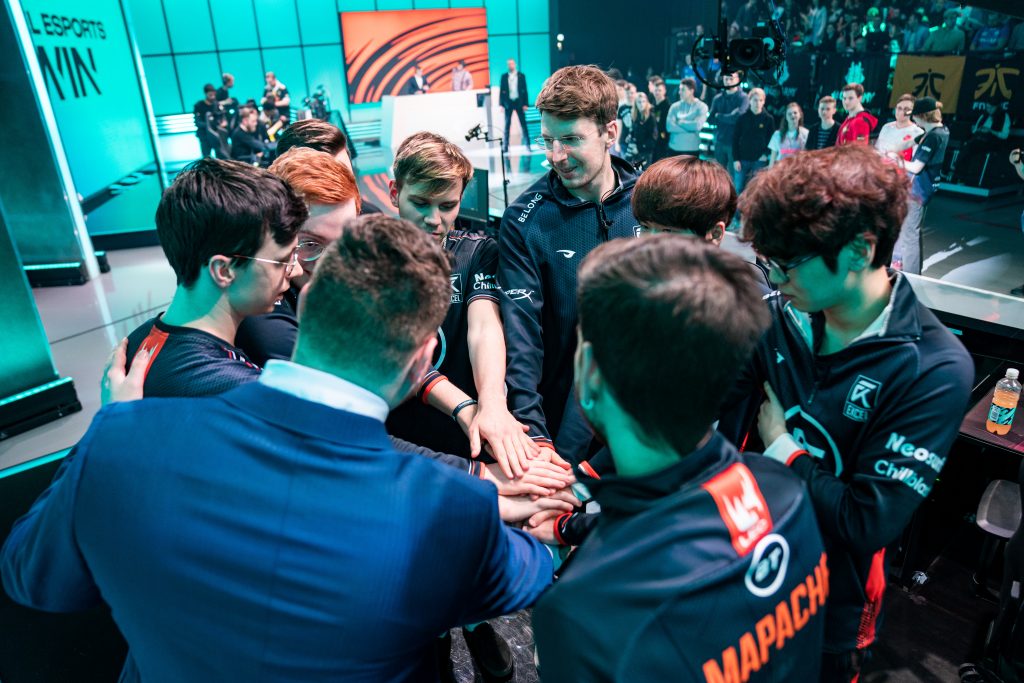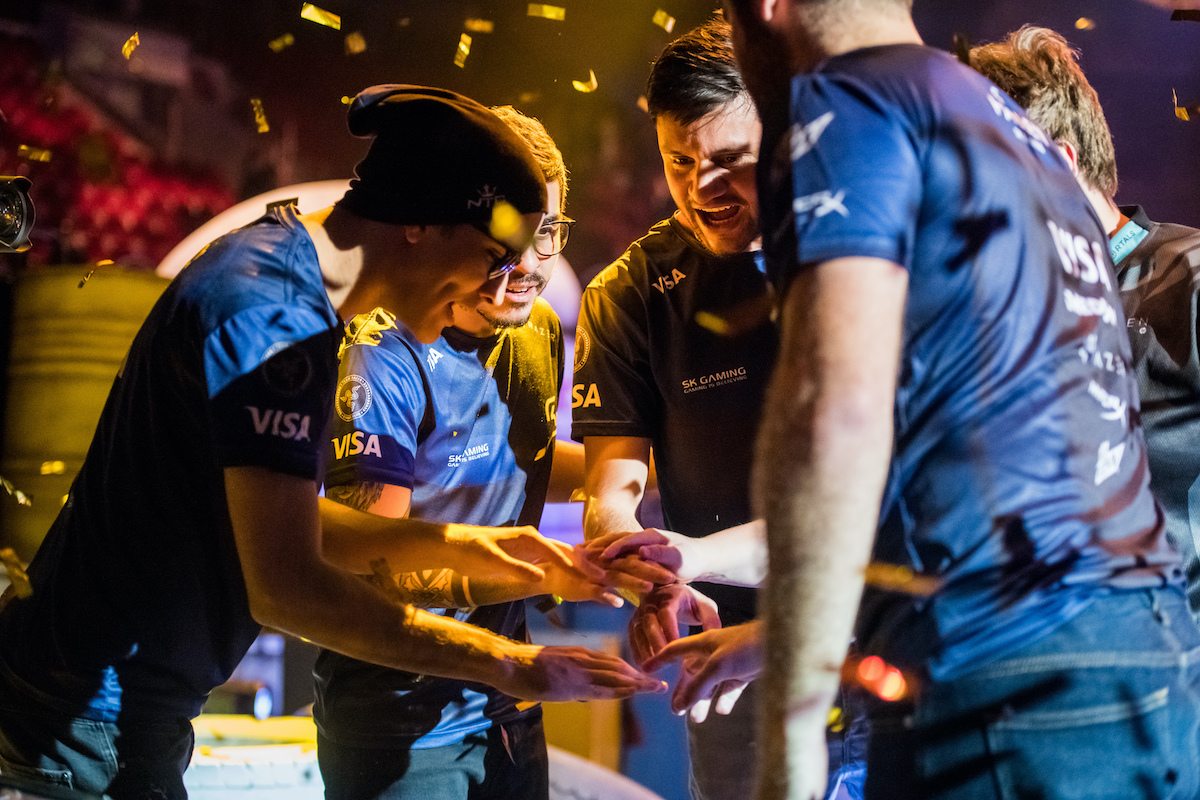Esports has surged in popularity, evolving into a competitive arena that rivals traditional sports in terms of intensity and viewership. As athletes engage in high-stakes tournaments, the psychological makeup of players often determines their success or failure. This article explores the pivotal roles of confidence, mental toughness, and resilience—three psychological pillars in esports performance. Understanding and cultivating these traits can empower players to elevate their game and achieve their professional goals.
Confidence: Believing in Oneself
Confidence in esports is the firm belief in one’s abilities to perform tasks and make decisions under pressure. This psychological factor is critical as it directly influences a player’s decision-making process and their ability to execute strategies effectively during competitions. To build confidence, players must engage in consistent practice, focus on past successes, and maintain a positive mindset. Coaches can further foster this trait by setting realistic but challenging goals, providing constructive feedback, and creating a supportive team environment. Confidence not only enhances performance but also mitigates the impact of anxiety and stress during critical moments in a game. By developing a strong sense of self-assurance, players can approach each match with a clear mind and unwavering determination.
Mental Toughness: Resilience Under Pressure

Mental toughness refers to an individual’s resilience against stress and adversity while staying focused on long-term goals. In the fast-paced world of esports, players are often subjected to intense pressure and high expectations. Mental toughness enables them to maintain focus, manage stress, and overcome setbacks without losing momentum. Developing mental toughness involves mental conditioning, such as visualization techniques, stress management training, and cognitive-behavioral approaches. Players who possess mental toughness can handle the ups and downs of competitive gaming, learning from their mistakes and bouncing back stronger after each challenge. This psychological attribute is particularly crucial in high-stakes tournaments, where the ability to maintain composure under pressure can make the difference between victory and defeat.
Resilience: Adapting and Recovering from Setbacks

Resilience, closely related to mental toughness, is the ability to adapt and recover from adversity, setbacks, and failures. In esports, players often face numerous obstacles, such as losing streaks, team conflicts, and personal struggles. Resilience allows them to persevere through these challenges, learn from their experiences, and come back stronger. Building resilience involves developing a growth mindset, embracing challenges as opportunities for learning, and seeking support from teammates, coaches, and mental health professionals when needed. Resilient players can view setbacks as temporary hurdles rather than permanent failures, enabling them to maintain motivation and persist in the face of adversity.
Nurturing Psychological Strength in Esports
Cultivating confidence, mental toughness, and resilience is an ongoing process that requires dedication and support from players, coaches, and organizations alike. Esports teams can invest in psychological training programs, provide access to mental health resources, and create a team culture that values personal growth and well-being. By prioritizing these psychological factors, the esports industry can foster a generation of mentally strong, confident, and resilient players who not only excel in their careers but also serve as role models for aspiring gamers. As the competitive landscape continues to evolve, the importance of these psychological pillars will only grow, highlighting the need for a holistic approach to player development that encompasses both in-game skills and mental fortitude.
